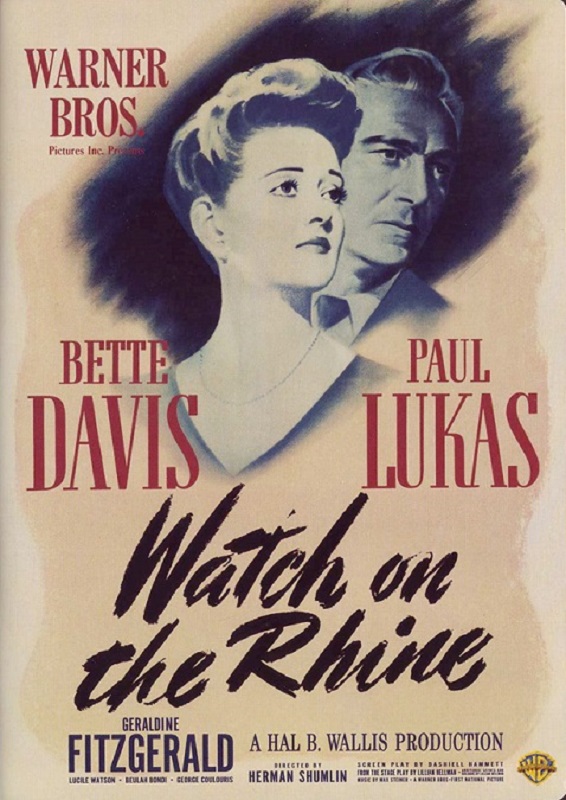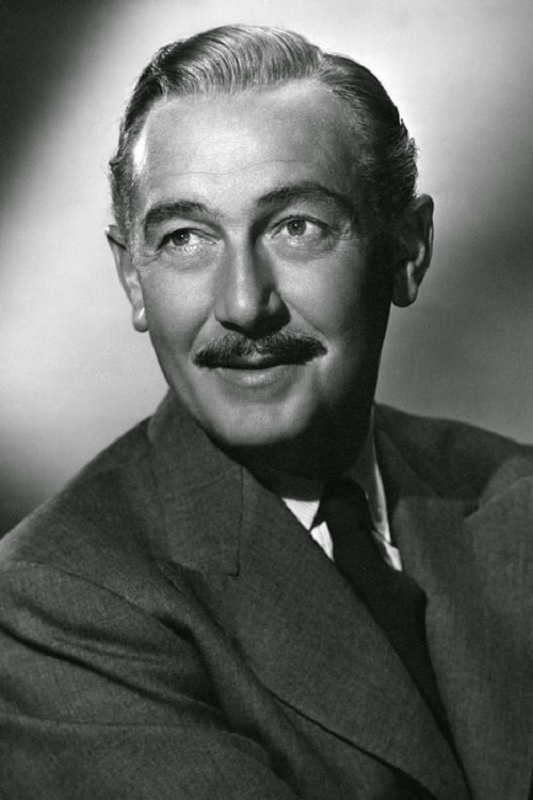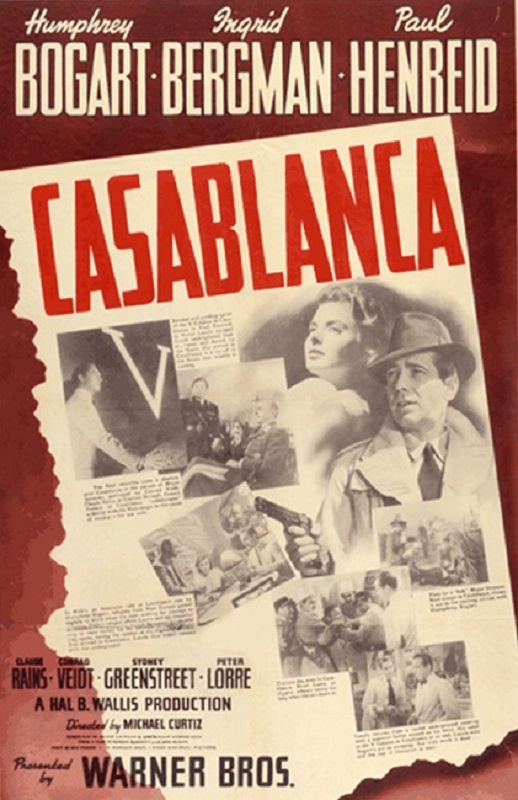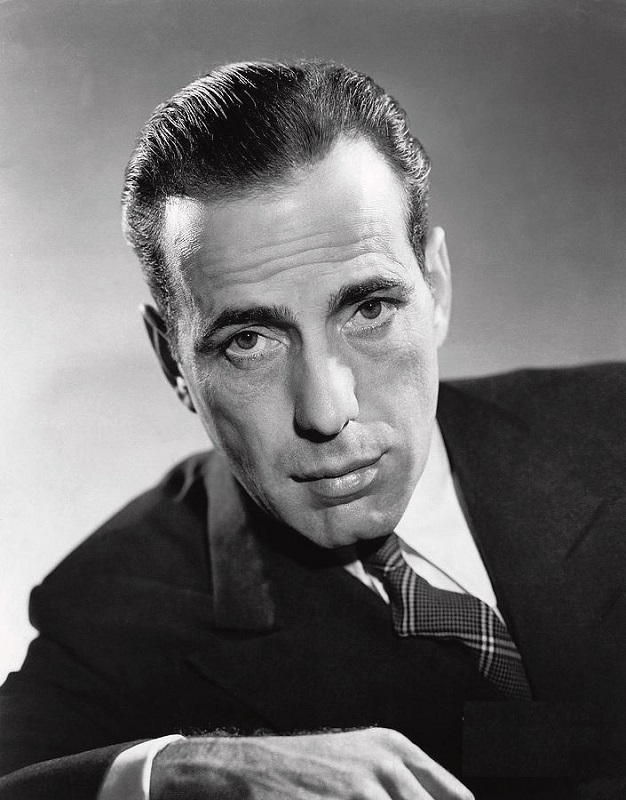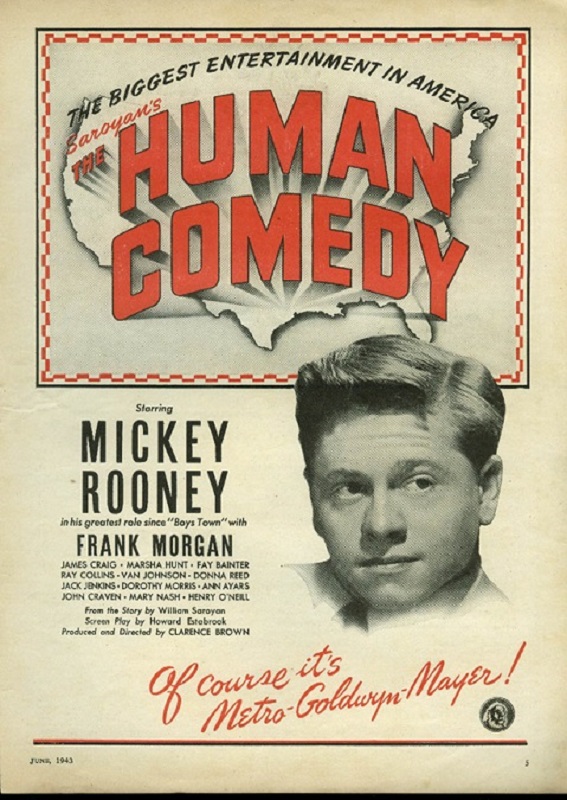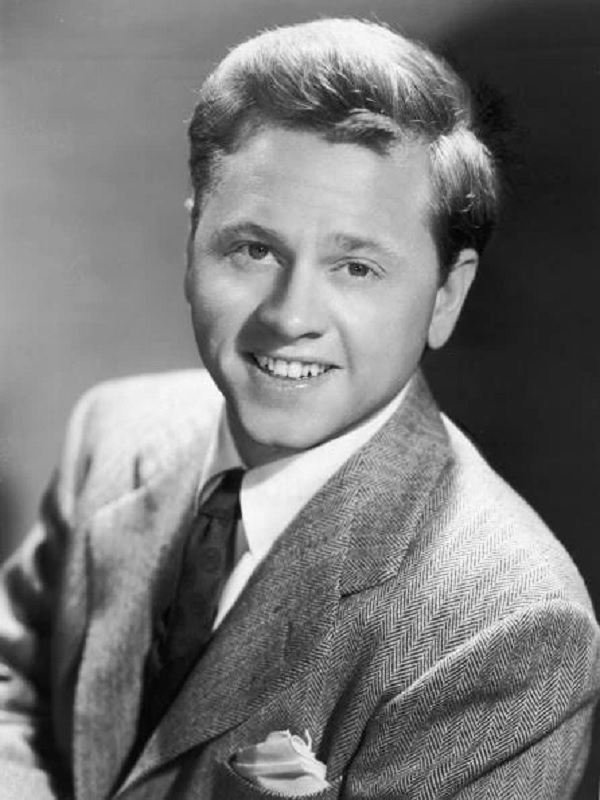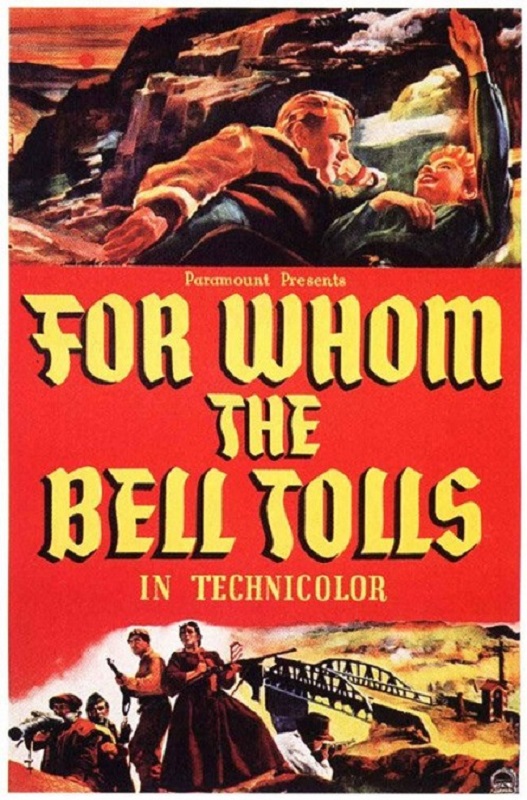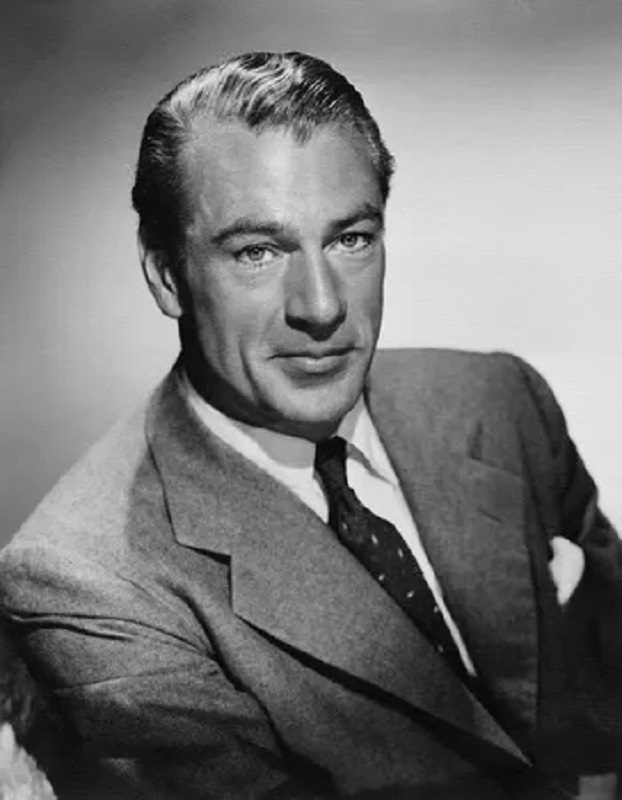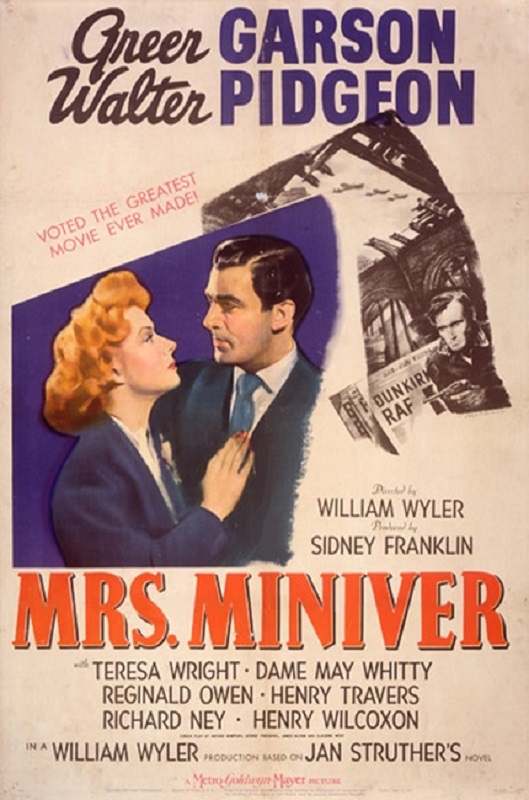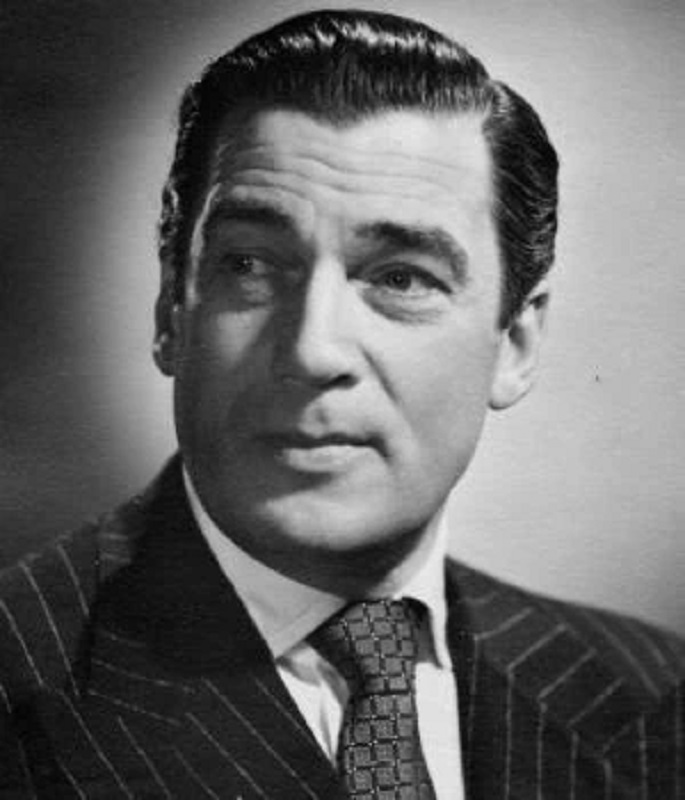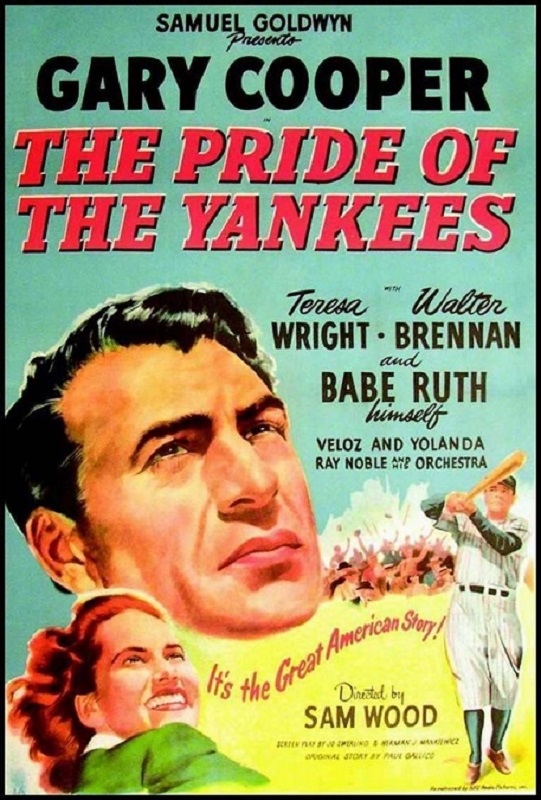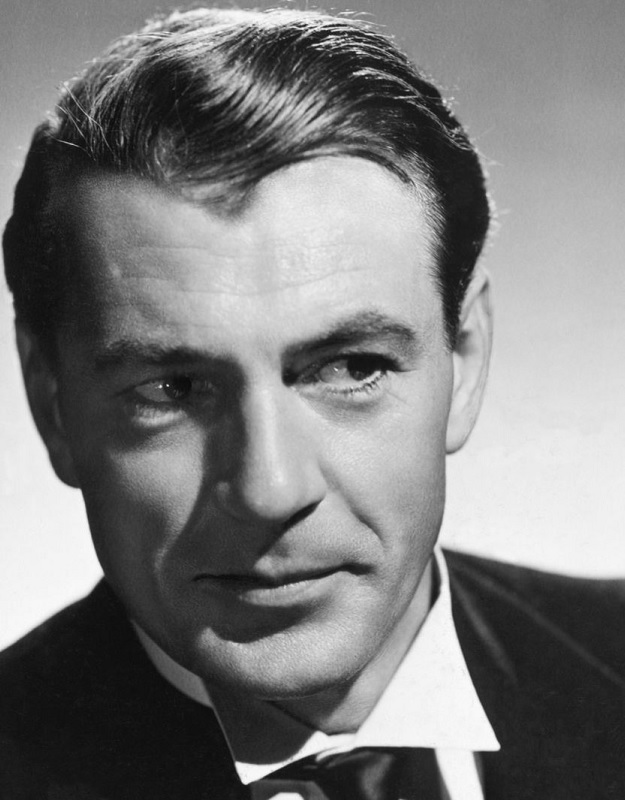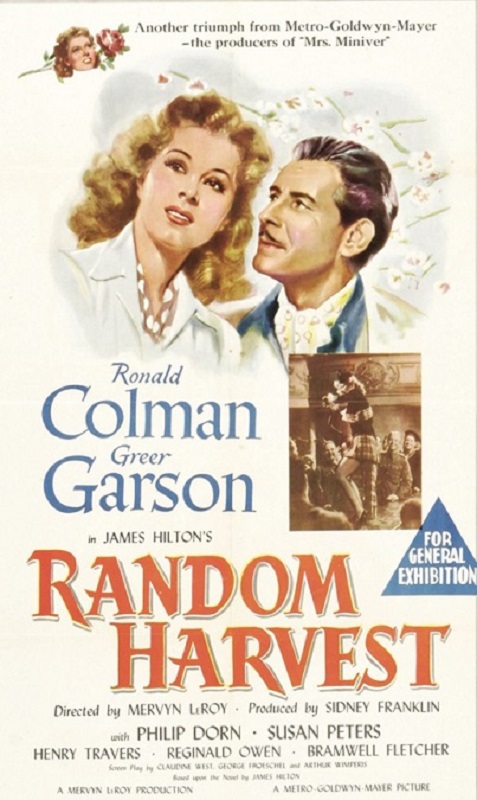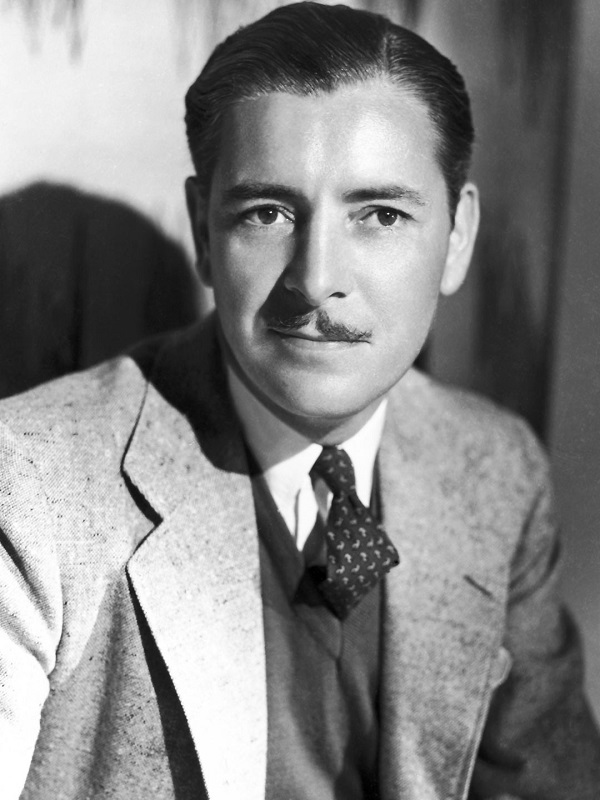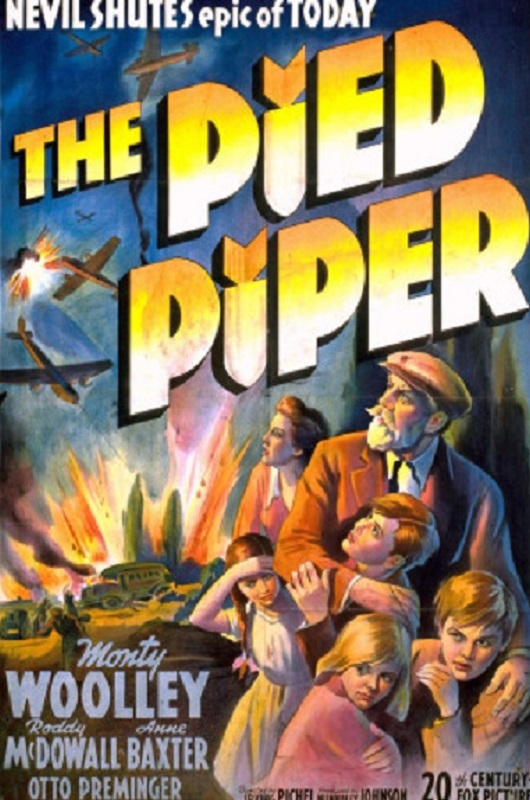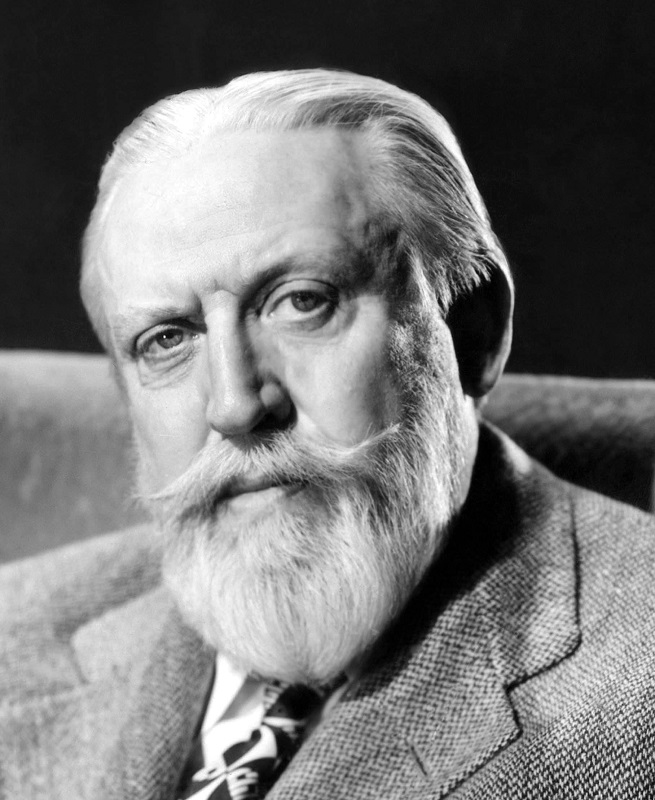


1943 – Walter Pidgeon
Madame Curie
Let me just say, right off the bat, I am not exactly sure why Walter Pidgeon was nominated for Best Actor for this role, and here’s why. We’ve seen him play this character many times before. I can only imagine that he was just playing himself. He didn’t stretch himself as an actor. You look at his performances in How Green Was My Valley, Mrs. Miniver, Blossoms in the Dust, and even Flight Command, and I’ll fully admit that these are the only films that featured Pidgeon that I have ever seen, but he played the exact same character in each one. There wasn’t even a slight varience. The way he played each roll was exactly the same.
Yes, ha played a likeable character, but there was nothing new, nothing interesting, nothing deep, nothing daring. He was a nice guy, through and through, and he was very well paired with Greer Garson. Apparently, Hollywood loved seeing the two of them together on the big screen. In this film, he played Professor Curie, who was supposed to be a confirmed bachelor who thought that women had no place in a scientific profession. But really, I didn’t buy his protestations to the female student assigned to work in his lab. He was too nice, just like he was in all those other films. And then he became golly-gee-whiz twitterpated, and ended up marying her.
He didn’t have any real dramatic scenes, no real conflict, no real opportunity to show off any acting skills. The most we got from Pidgeon was mild and well-mannered frustration, or consternation. Yes, there was one scene where he attempted to defend the honor of his wife in front of a college budget committee, when they tried to pass her over because she was a woman, but there was no real drama there, nor any comedy, for that matter. He just played a nice man who was speaking up for his wife, as any good husband should.
He seemed to take innocence and wholesomeness to a new level. But maybe that’s just what audiences wanted to see from him. Maybe that’s what the rather bland script demanded. Or maybe, Pidgeon just didn’t turn in a performance that was worthy of an Oscar nomination. Either way, this is the only time I’ve ever seen Pidgeon sport a beard, and I have to say, it suited him. He looked very handsome.






